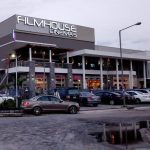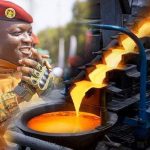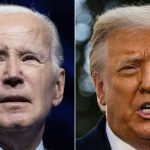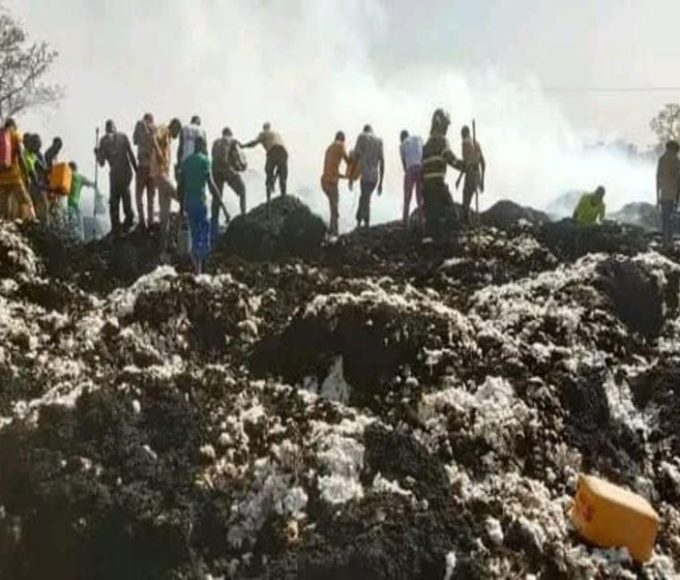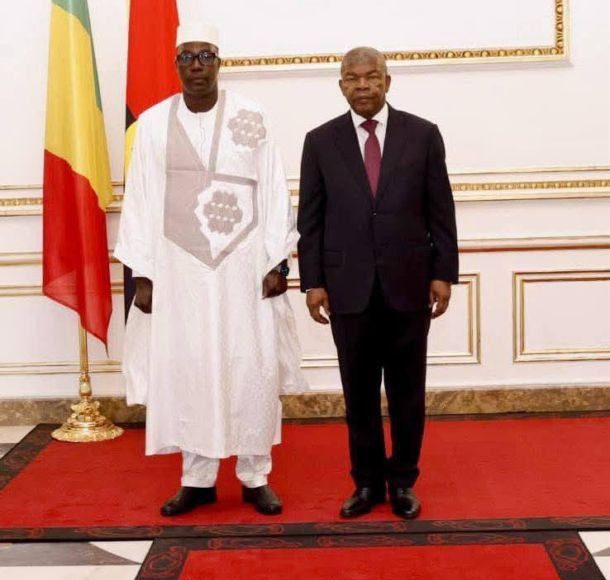
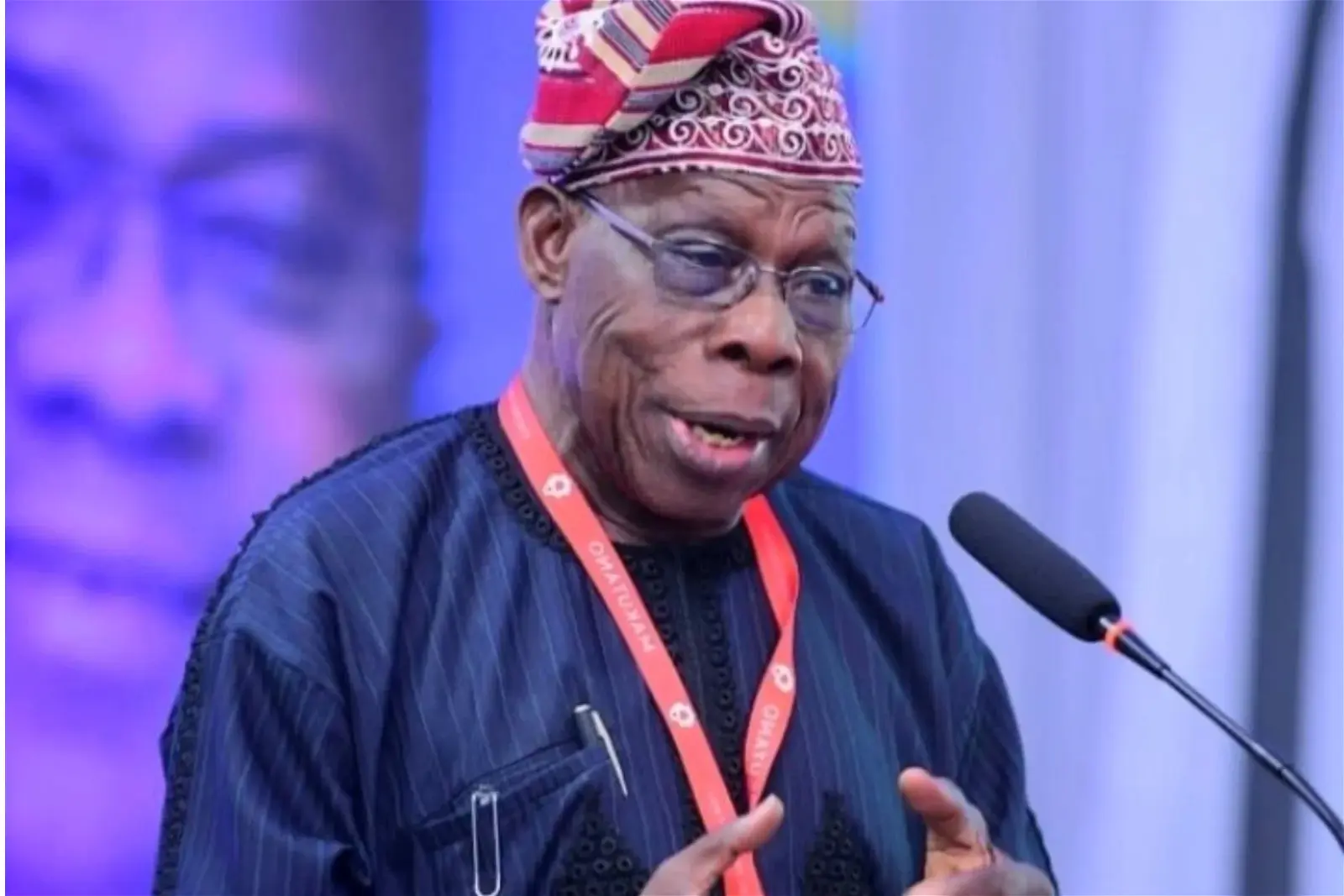
Former Nigerian President, Olusegun Obasanjo has advocated for an alternative system of government he termed “Afro-democracy,” igniting a debate on the future of governance in Africa.
In a closed-door meeting held in Abuja on Tuesday, attended by former President Goodluck Jonathan and legislators led by Kingsley Chinda, Obasanjo criticised the Western liberal democracy model, asserting its failure to address Africa’s needs adequately.
Obasanjo’s sentiments come amidst a push by some members of the House of Representatives to reintroduce a parliamentary system, citing concerns over the high costs associated with Nigeria’s current presidential system. Chinda’s group has been vocal in their opposition to these costs and has sought alternatives.
During the meeting, Obasanjo highlighted the historical context of Africa’s governance structures, attributing many of the continent’s challenges to its colonial past.
He argued that Western democracy, with its emphasis on opposition politics, is ill-suited to Africa’s communal traditions and values.
“Our problems started from the colonial masters. They gave us what they had,” Obasanjo remarked, emphasising the need for a governance system that reflects African cultural, traditional, and lifestyle elements.
He proposed an ideology-based system that incorporates dialogue, consensus-building, and communal decision-making, which he termed “Afro-democracy.”
Drawing on Nigeria’s rich history of kingdoms and communal consensus, Obasanjo urged a return to African governance traditions, suggesting that such a system would be in tune with the continent’s ethos.
“You can call it Afro-democracy or whatever you call it. Let’s resource, let’s see debate, let’s dialogue. Don’t let them pervert our own culture and tradition,” Obasanjo noted.
Obasanjo served as Nigeria’s head of state from 1976 to 1979 and later as the president from 1999 to 2007.
Chinda, echoing the concerns of many legislators, expressed a desire to explore Obasanjo’s insights further, particularly in the context of devising a homegrown parliamentary system that addresses Nigeria’s specific needs and challenges.
The meeting also saw the participation of several lawmakers, including Abdussamad Dasuki, Olawale Raji, Kabir Ibrahim Tukura, and others.
Read: U.S. Elections: Biden vs Trump CNN Debate to Hold June 27
About The Author
Related Articles
Zimbabwe Rejects $350m US Health Deal Over Sovereignty Dispute
Zimbabwe has formally withdrawn from negotiations on a proposed $350 million health...
ByWest Africa WeeklyFebruary 25, 2026Niger’s President Outlines Vision for Strategic Partnership with China
Niger’s Head of State, General Abdourahmane Tiani, has articulated a renewed vision...
ByWest Africa WeeklyFebruary 25, 2026Fire Destroys 140 Tonnes of Cotton in Western Burkina Faso
A major fire has destroyed more than 140 tonnes of cotton in...
ByWest Africa WeeklyFebruary 25, 2026Mali’s New Ambassador to Angola Presents Credentials, Pledges Stronger Bilateral Ties
Diplomatic relations between Mali and Angola entered a new phase on February...
ByWest Africa WeeklyFebruary 25, 2026




